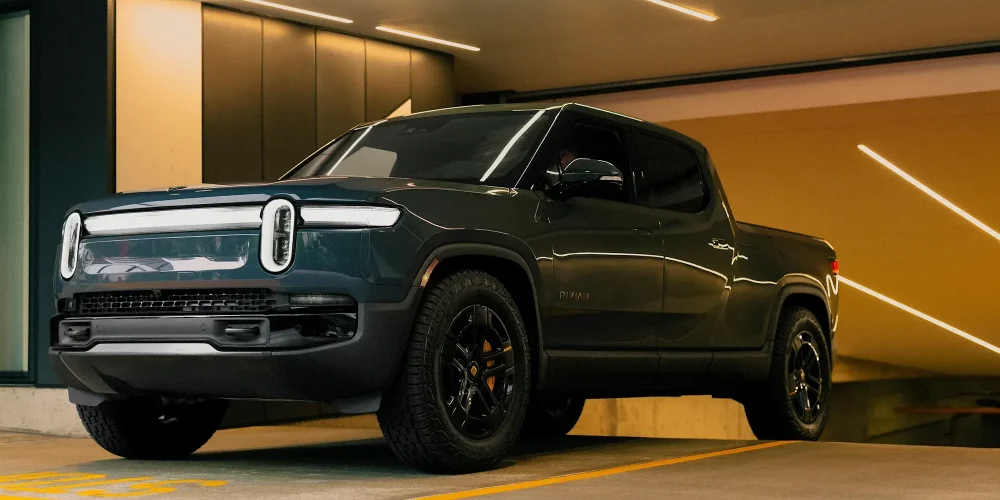
Everything You Need to Know About Charging the Rivian R1T at Home, Public Stations, and on Road Trips
The Rivian R1T is an all-electric adventure truck designed for power, range, and versatility. Whether you’re using it for daily commutes, off-road adventures, or long road trips, knowing how to charge Rivian R1T efficiently is crucial for your beloved EV. This guide will cover all charging options, estimated charging times, costs, and the best chargers to use for your Rivian R1T.
Rivian R1T Performance Specification
The Rivian R1T is engineered for adventure and utility, combining powerful performance with cutting-edge electric technology. Below are key performance specifications of the Rivian R1T:
- Powertrain Options: Dual-Motor AWD and Tri-Motor AWD
- Horsepower: Up to 835 hp (Tri-Motor Variant)
- Torque: Over 900 lb-ft (Tri-Motor Variant)
- Acceleration: 0-60 mph in as little as 3.0 seconds
- Towing Capacity: Up to 11,000 lbs
- Battery Options: Standard, Large, and Max Pack
- EPA-Estimated Range: Up to 400 miles (Max Pack)

Rivian R1T Charging Specifications
The Rivian R1T comes in multiple configurations with different battery sizes and charging capabilities. Below is an overview of its charging specifications:

Rivian R1T Charging Connector Type
The R1T uses the CCS1 (Combined Charging System 1) connector, which is the standard for most EV fast chargers in North America. For Level 2 charging, it also supports the J1772 connector.
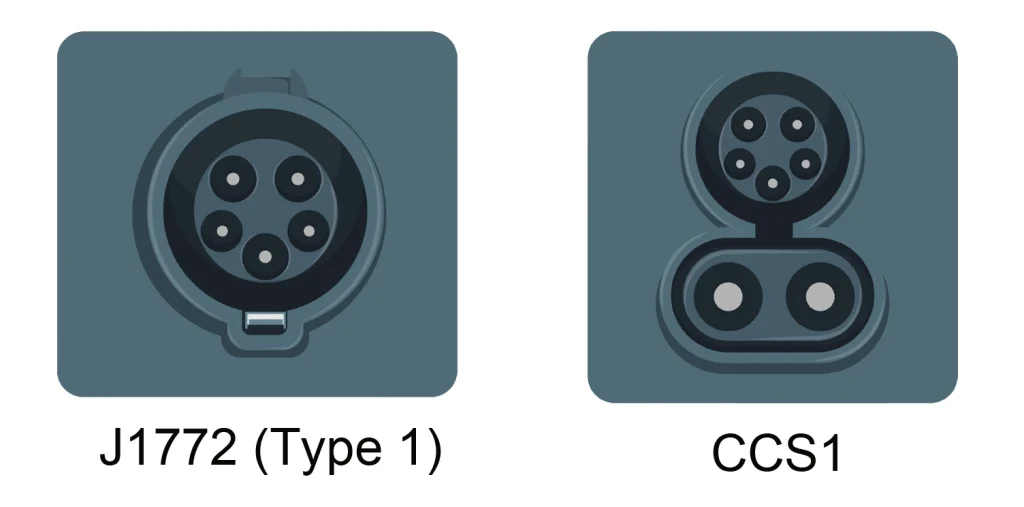
Charging Speeds by Charger Type
Note: The charging times provided are based on ideal conditions. Actual charging speeds may vary due to factors such as battery temperature, charging station power output, and ambient weather conditions. Charging speeds vary depending on the type of charger you use. Below, we break down the different levels of charging available for the R1T based on the electricity consumption rate dislosed.
Level 1 Charging (120V Home Outlet)
- Uses a standard household outlet (NEMA 5-15).
- Charging speed: 3-4 miles per hour.
- Time from 10%-80%: 40-60 hours (depending on battery size).
- Best for emergencies, not recommended for daily charging.

Level 2 Charging (240V Home Charger)
- Requires a NEMA 14-50 or hardwired home charger.
- Charging speed: 18-28 miles per hour, depending on charger amperage.
- Time from 10%-80%: 5-14 hours, depending on battery size.
- Ideal for overnight charging.
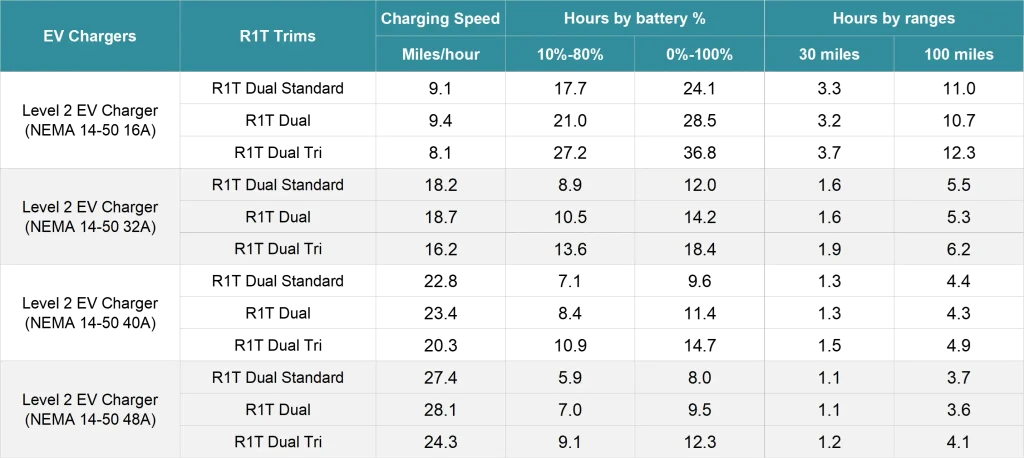
DC Fast Charging (Level 3 Public Charging Stations)
- Uses CCS1 fast chargers, available at Electrify America, EVgo, and other networks.
- Charging speed: Up to 7 miles per minute.
- Time from 10%-80%: Under 40 minutes.
- Best for road trips and quick top-ups.

Electricity Costs for Charging the Rivian R1T
Charging costs vary based on electricity rates in different regions. Below is a breakdown of electricity rates across the U.S. and how they affect charging costs.
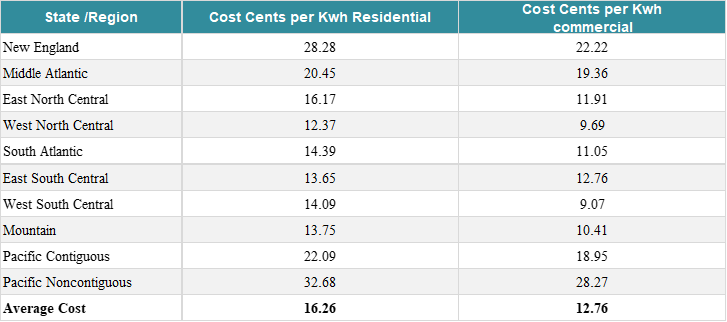
Home Charging Costs
- Average residential electricity rate: $0.163/kWh.
- Cost per 100 miles: $6.50 – $7.32.
- Full charge cost depends on battery size.

DC Fast Charging Costs
- Average public fast-charging rate: $0.280/kWh.
- Cost per 100 miles: $11.20 – $12.60.
- Cost varies by provider (Electrify America, EVgo, etc.).

Charging the Rivian R1T at Tesla Superchargers
Rivian R1T can charge at Tesla Superchargers using an NACS to CCS adapter. Tesla’s V3/V4 Superchargers can deliver high-speed charging for Rivian vehicles at select locations.
- Tesla Supercharger V3/V4 supports up to 250 kW (actual speed varies).
- Magic Dock stations offer built-in CCS adapters for easier compatibility.
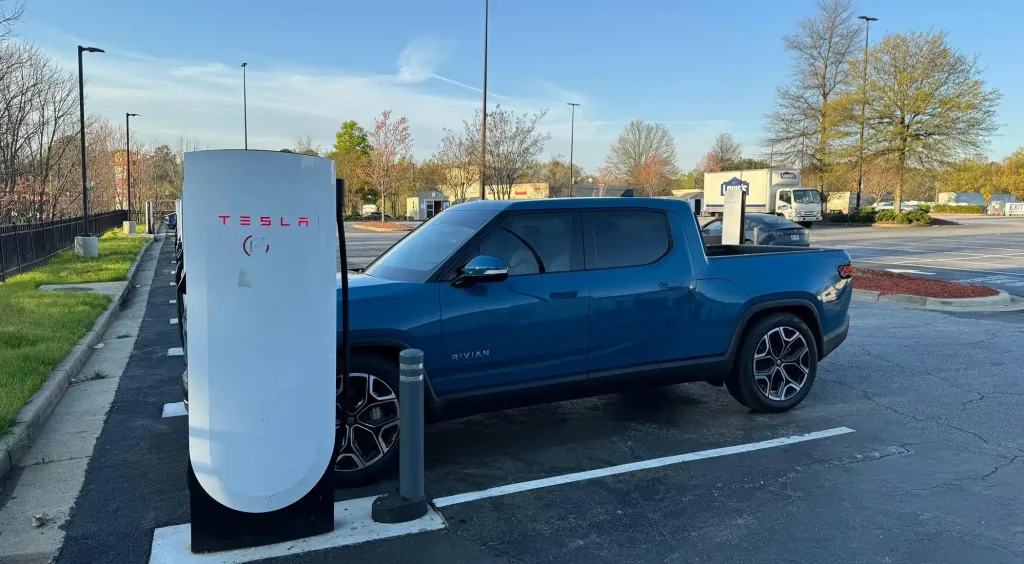
Best Home Chargers for Rivian R1T
To maximize home charging efficiency, selecting the right Level 2 charger is essential.
- Recommended Amp Rating: 40A (9.6 kW) or 48A (11.5 kW).
- Hardwired vs. Plug-in: Hardwired units offer better durability and performance.
- Avoid low-powered chargers: 16A or 32A chargers significantly increase charging time.
A 40A home charger is the most practical choice for Rivian R1T owners, offering a balance of speed and affordability. To maximize home charging efficiency, selecting the right Level 2 charger is essential.
- Recommended Amp Rating: 40A (9.6 kW) or 48A (11.5 kW).
- Hardwired vs. Plug-in: Hardwired units offer better durability and performance.
- Avoid low-powered chargers: 16A or 32A chargers significantly increase charging time.
A 40A home charger is the most practical choice for Rivian R1T owners, offering a balance of speed and affordability.
Conclusion
The Rivian R1T offers multiple charging options, from home Level 2 charging to ultra-fast DC charging for road trips. Home charging remains the most cost-efficient option, while public fast charging provides convenience for long journeys. Tesla Supercharger compatibility further enhances the charging network for Rivian owners. Choosing the right charger ensures seamless daily charging and a better EV ownership experience.
